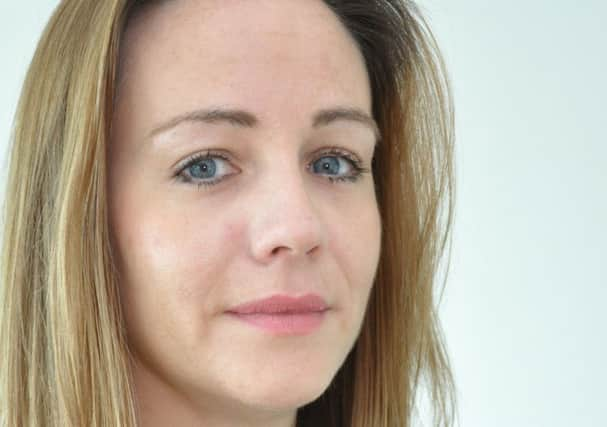'Time for feminine products industry to end '˜period poverty'


Nicola Coronado, marketing director for Bodyform, the UK’s second largest manufacturer of feminine products, said it was time for the industry, worth £183 million annually to the UK economy, to take concerted action to eradicate the issue.
Ms Coronado’s comments follow the launch today of a six-month £42,500 Scottish Government-funded pilot project in Aberdeen, as revealed in The Scotsman, which will distribute free sanitary protection to more than 1,000 women in low income households.
Advertisement
Hide AdAdvertisement
Hide AdThe move could eventually make Scotland the first in the world to provide free products to the disadvantaged.
“It’s a great initiative by the Scottish Government and we await the results with interest. But the root causes stem from a number of connected issues and it is difficult to fix unless there are government policy measures too,” said Ms Coronado whose firm is launching a campaign in September giving talks and donating free products to schools in deprived areas across the UK, including Scotland.
Ms Coronado added: “Manufacturers can make sure everyone, regardless of income, has access to sanitary products.”
Angela Constance, MSP, equalities secretary, announcing the funding at Community Food Initiative North East, a social enterprise leading the project in the city, said: “It is unacceptable that any woman or girl in Scotland should be unable to access sanitary products.
“That is why, as part of our wider aims to eradicate poverty from our country, we are exploring how to make products freely available to low-income groups.
“The pilot in Aberdeen is a first step to help us understand the barriers women and girls face – and to help us develop a sensitive and dignified solution to making these products easily accessible to those who need them.”
Monica Lennon, MSP, Labour’s inequalities spokeswoman who spearheaded the period poverty campaign in the Scottish Parliament and is bringing forward a member’s bill proposal to make sanitary products available to all women and girls, including in education settings, regardless of income,” said:
“During the period poverty roundtable event I hosted in the Scottish Parliament with charities and poverty activists earlier this year, corporate responsibility on the part of manufacturers was raised, so I look forward to seeing further details of the Bodyform campaign when it launches.
“The profit margin on sanitary products is significant, especially at vending machine prices, so it’s only right that companies who profit from menstruation are held to account too.”